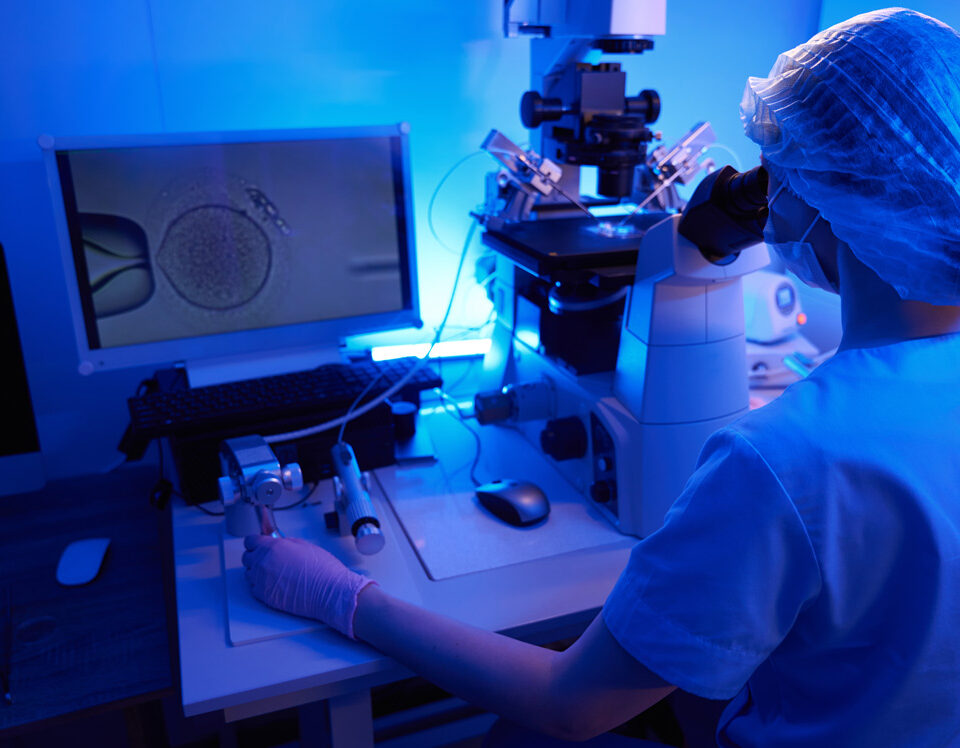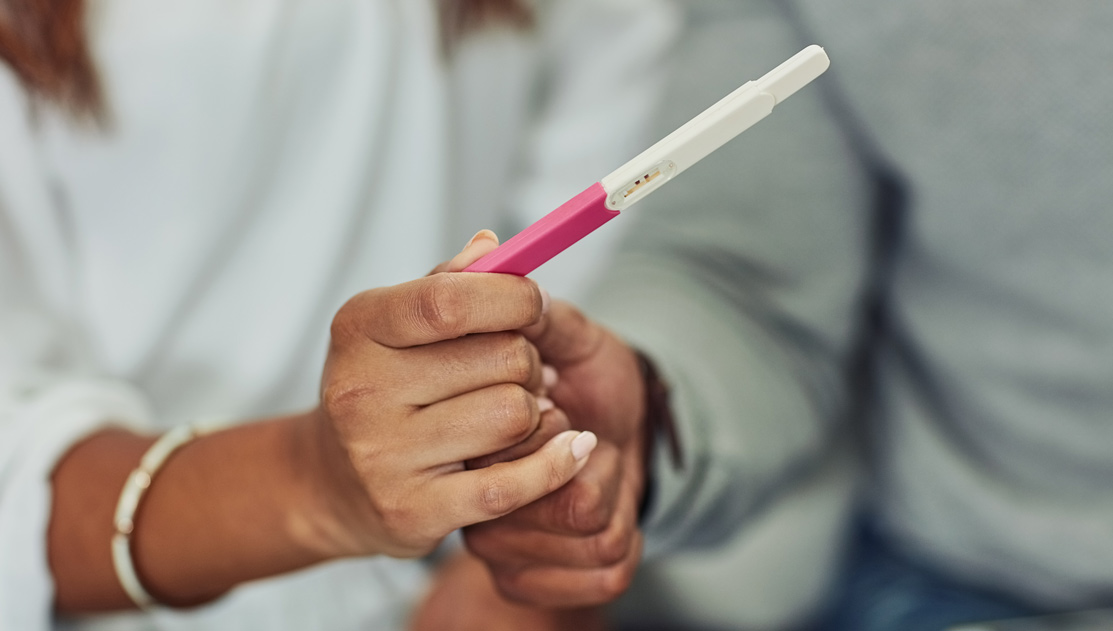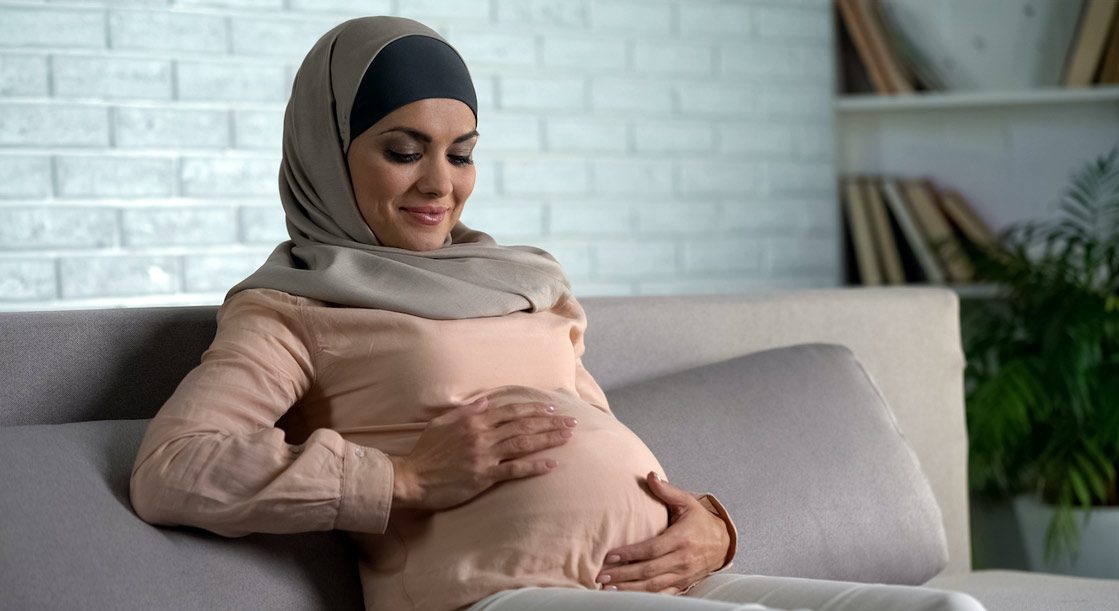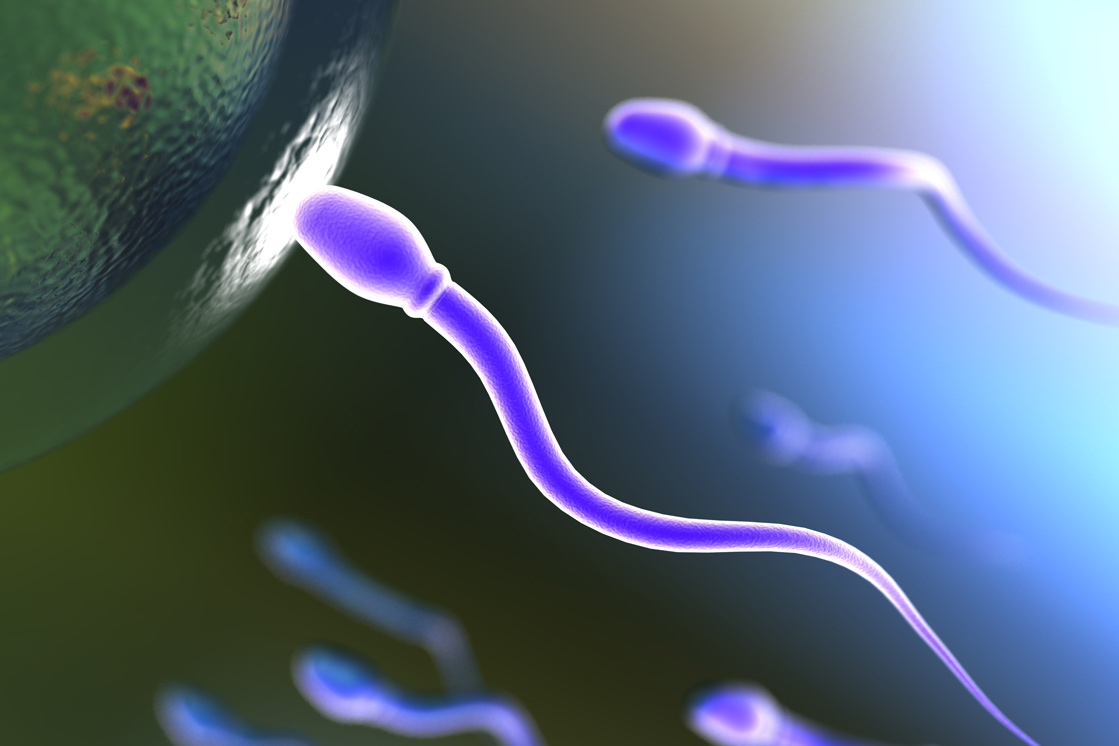For successful fertility treatment, does lifestyle matter? Yes!
If you’re about to undergo fertility treatment, you may be wondering to what extent things like diet and alcohol intake could affect your chances. Science is always learning but there are some lifestyle recommendations fertility experts can now offer with some confidence.
Read on and we’ll break down:
- 5 key lifestyle hacks to help your fertility treatment
- How these lifestyle hacks are backed by research
- Simple ways you can make the changes and optimise your fertility treatment chances
1. Eat a broadly Mediterranean diet
What research says:
- ‘Unhealthy’ eating patterns are associated with poorer fertility. (What is an ‘unhealthy’ diet? Heavy on red meats, processed meats and other processed foods like sweets and sweetened drinks)
- Large-scale research reviews have concluded that eating a broadly Mediterranean diet is linked to better male and female fertility
- One research project specifically looking at IVF and nutrition suggested that a Mediterranean diet may improve IVF outcomes for women
- Trans fatty acids (found in frozen pizzas, packaged baked products like cakes, and fried foods like chips and fried chicken) are linked to poorer fertility
- Long chain omega 3 fatty acids appear to boost female fertility
- Soy products (like tofu and tempeh) seem to benefit women undergoing fertility treatment
What you can do:
- Base your diet around vegetables, fruits, whole grains and lean proteins like low-contamination seafood, legumes, soy and poultry, while avoiding processed foods and red meat
- Eat plenty of long-chain omega 3 fatty acid foods (e.g. oily fish, flax seeds, walnuts and chia seeds)
- Adopt a one food=one ingredient policy, avoiding foods with ingredients lists (they’re processed!)
- Download a food scanner app that can give you a nutrition rating for foods you pick up in the supermarket (e.g. Yuka)
- Short on time? Invest in a one-pot cooker like a slow cooker or an instant pot. They’re a great way to eat quickly without resorting to processed foods and the microwave
- Read our How Does Food Affect Your Fertility piece for more tips
2. Avoid pesticides and contaminated foods
What research says:
- An American study of women undergoing fertility treatment found that those who ate more than 2 portions of high-pesticide residue vegetables or fruits every day were 18% less likely to get pregnant and 26% less likely to have a live birth than women who ate only around one high-pesticide portion per day
- Another study looking at fertility treatment and diet concluded that among women undergoing assisted conception, a diet encompassing low pesticide-residue foods (rather than high) was associated with increased chances of live birth
- Higher mercury levels (found in some fish) are linked to poorer fertility in women and men
- Factory-farmed meats often contain chemicals that may be harmful, including hormones, antibiotics and pesticide residue
What you can do:
- If you can afford it, go fully organic (fruits, veggies, meat and fish)
- Avoid high-mercury fish such as swordfish and king mackerel). Go for lower-mercury options like salmon, sardines and skipjack tuna instead
- If you can’t go organic, avoid high-pesticide residue produce like peppers, strawberries, grapes or spinach
- Scrub fruits and vegetables under running water
- Peel fruits and vegetables when you can
3. Slash the stress
What research says:
- A recent review of dozens of research studies examined the relationship between stress and fertility treatment outcomes
- The studies looked at both psychological and physiological markers such as cortisol (stress hormone) levels, heart rate etc
- Most of the studies concluded that anxiety and stress appear to have a negative impact on fertility treatment outcomes
- For example it was found that higher stress and anxiety levels were associated with poorer egg retrieval outcomes
What you can do:
- Exercise – exercising releases stress-busting endorphins while lowering levels of stress hormones like cortisol
- Cut down your caffeine and sugar intake
- Acupuncture – many people facing fertility treatment find acupuncture helpful in easing stress
- Meditation – as little as 5 minutes per day could help you to feel calmer. Check out apps like Headspace and Insight Timer
- Limit screen time – especially in the 2 hours before bed
- Delegate – is there more you could ask your partner or colleagues to take care of?
- Try unplugging from the news and social media for a while – doomscrolling can really heighten stress
- For more destressing strategies check out our post on stress and fertility
4. Minimise your plastics and chemicals exposure
What research says:
- Plastics and chemicals in products we commonly use are harmful to female and male fertility
- They contain ‘endocrine disrupters’ which interfere with women and men’s natural hormones
- Phthalates are a type of chemical used to make plastics supple and soft. And they are often put in toiletries, makeup and most fragranced products. They can lower testosterone (especially key to male fertility). Higher phthalate exposure has also been linked to female fertility issues
- Chemicals like BPA (bisphenol A) are believed to be particularly damaging to female fertility. BPA is often found in hard plastics like cups and plastic bottles.
What you can do:
- Never heat food in plastic wrapping or containers – phthalates can leach into the food
- Find phthalate-free cosmetics – look at the labels, or better yet google phthalate-free paraben-free sulphate free products. There is an increasing array of nasties-free brands on the market
- Learn your codes: different plastics carry distinct recycling codes (1 to 7) with varying levels of toxicity – e.g. 3 has BPA in it
- Buy plant-based cleaning products
- Learn more in our plastics and fertility post
5. Limit your alcohol intake
What research says:
- A recent large-scale research review on alcohol consumption and IVF success found that drinkers (both women and men) were less likely to achieve a live birth following IVF/ICSI than those who abstained
- One study of thousands of couples undergoing IVF found that women who drank four or more drinks weekly had a 16% reduced chance of a live birth compared to women who drank fewer. And in couples where both the man and woman drank at least four drinks a week, the odds of a live birth were reduced by 21%
What you can do:
- If you’re a habitual drinker, before you begin fertility treatment keep a drinks diary for a week or two to get an honest look at how much you’re consuming – it’s so easy to underestimate!
- Make a pledge with your partner. It’s not just female fertility that is affected by alcohol and you’ll both be more successful if you encourage each other
- Tell friends and family you’re reducing or will be sober for a while – it’s harder to cheat if other people know about it!
- Gamify this lifestyle change by downloading an app like Try Dry that helps you track your progress
- Opt for drier activities that will mean you’re not having to refuse drinks so much – think daytime fun like bike rides and art galleries or immersive theatre of an evening. There’s so much to do besides wining and dining!
Beat the overwhelm…
Dr Amin Gorgy, Fertility Consultant at The Fertility & Gynaecology says: “There’s no getting around it – embarking on fertility treatment can feel daunting. And when you add in the prospect of lifestyle changes, it may feel overwhelming. As fertility experts we know patients often need more than just medical support through this process.”
That is why here at The Fertility & Gynaecology Academy we have an experienced Natural Health Coach available, Viktoriya Khoma, who helps patients optimise lifestyle factors like nutrition (including the best supplements to take), in addition to factors like stress management – to help you achieve your fertility goals.
Looking for a great fertility clinic in London? The Fertility & Gynaecology Academy is home to excellent expert fertility specialists and state-of-the-art technology. We have helped countless couples who’d all but given up hope to finally achieve their dream of a baby of their own.
To find out how we can help, call The Fertility & Gynaecology Academy now on 020 7224 1880 or email info@fertility-academy.co.uk









